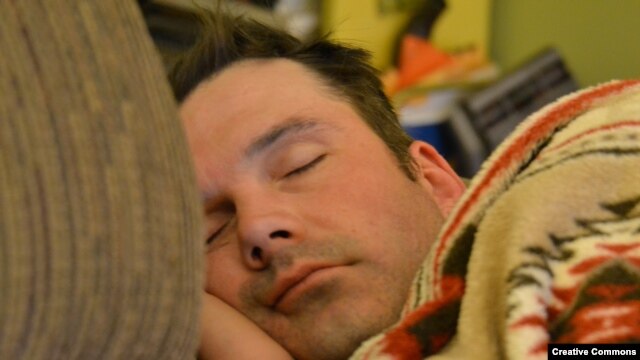More Nanny State? Mayor Doomberg isn't enough?
U.S.|Associated Press
Read more @ FDA Will Investigate Added Caffeine in Foods | TIME.com
U.S.|Associated Press
(WASHINGTON) Trail mix. Potato chips. And now gum. With a growing number of foods boasting added caffeine for an energy boost, the Food and Drug Administration says its time to investigate their safety. The FDAs new look at added caffeine and its effects on children and adolescents is in response to a caffeinated gum [ ]
Read more @ FDA Will Investigate Added Caffeine in Foods | TIME.com


